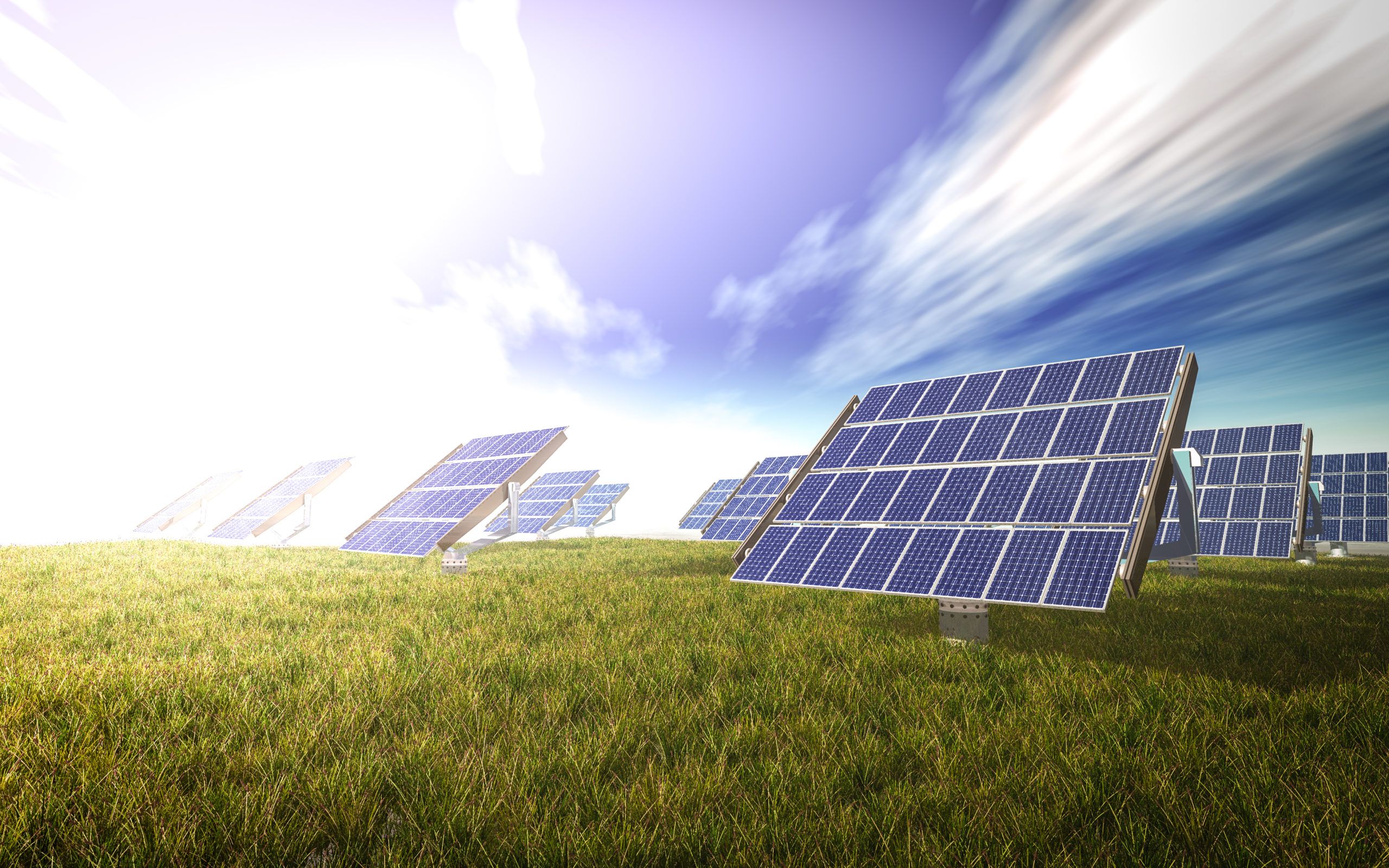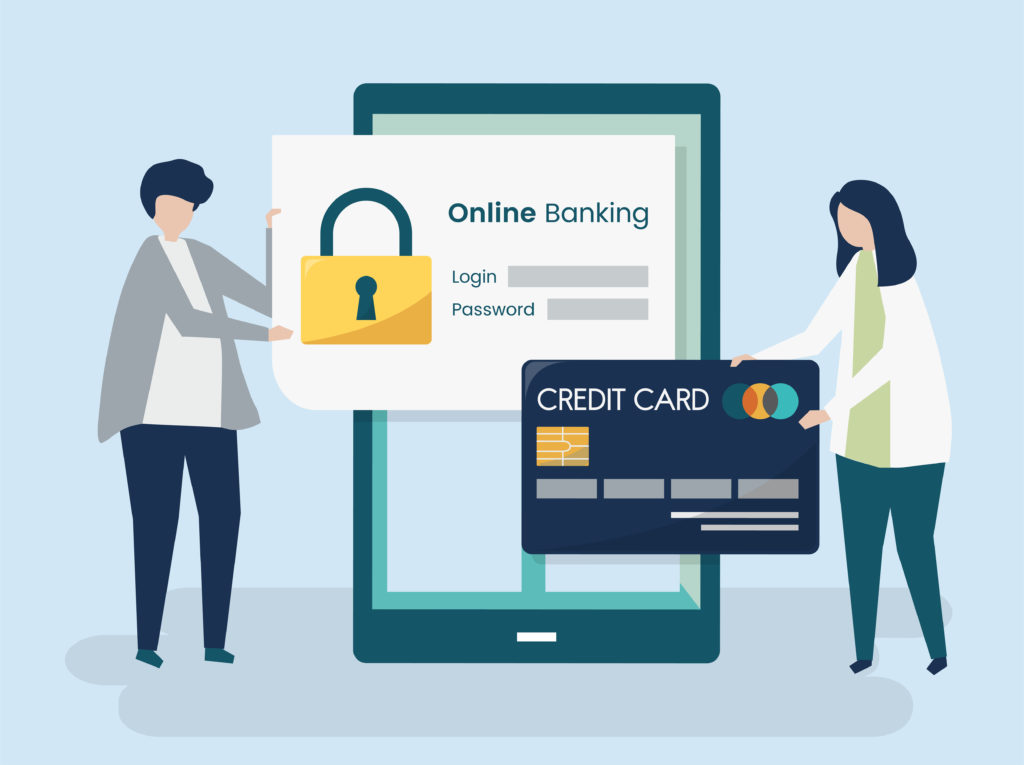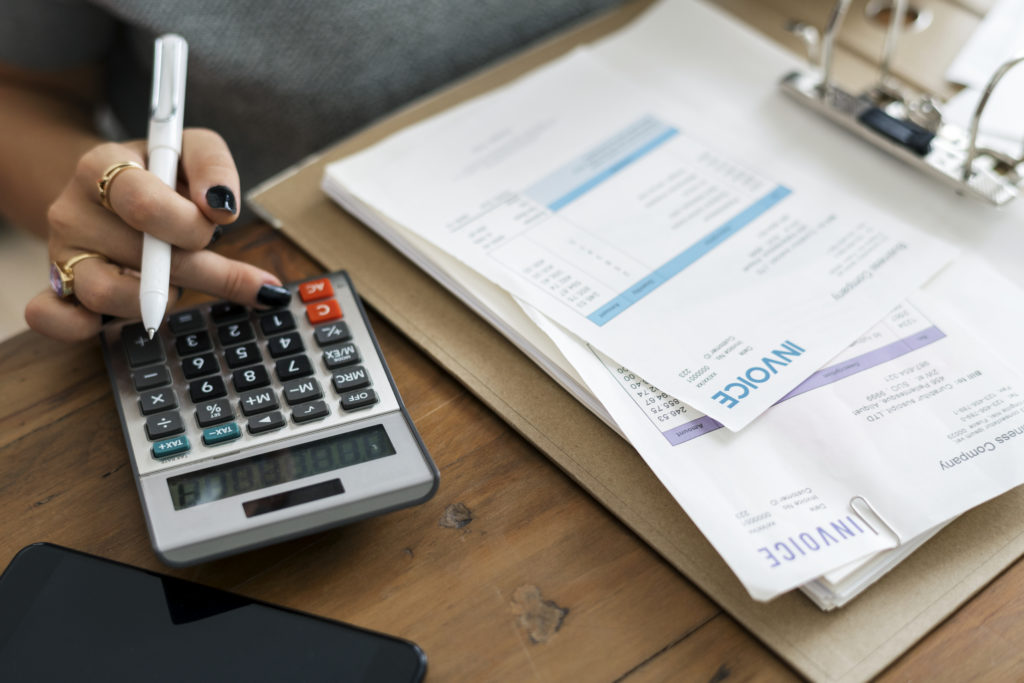
Thinking About Cancelling Your Direct Debit To Your Energy Supplier?
From 1st October 2022, the energy price cap increased by 80%. Due to this, millions of households will see their energy bills rise, and those working on minimum wage, particularly those in a single-person household, will struggle to pay for their energy.
On average, people who pay for their energy by direct debit will see their annual bill rise from £1,971 to £3,549 per household.
Because of this dramatic increase, some people are considering joining the Don’t Pay UK campaign, cancelling their direct debits to their energy suppliers until energy bills are reduced.
However, if a person cancels their direct debit, it can result in severe consequences, especially if they have no plan, or means, to pay in the future.
There are other ways to deal with rising energy costs, some of which we will cover in this blog.
What Happens If I Cancel My Energy Direct Debit

You may be considering cancelling your direct debit to your energy supplier if you cannot afford your energy bills. But here is why you should not do that:
- You could be sent a CCJ (County Court Judgement); a court will demand that you pay what you owe.
- Your energy supplier could apply to a court for a warrant, which will enable them to enter your home to disconnect your supply. It is very rare for this to happen; it is more likely that your energy supplier will offer to install a prepayment meter before they take further action.
- A debt collector agency (a company that specialises in collecting a debt), may pursue you until you have paid off your debt.
- Your energy supplier could issue you a fine or charge you an extra admin fee, so you may end up paying more.
- If your energy bill is left unpaid, or if action is taken against you by the energy supplier, then this will be seen as bad debt. In this instance, your credit rating could be negatively impacted.
Direct Debits Are Cheaper

Usually, paying your energy bills by direct debit can work out cheaper.
Many energy suppliers offer a discount on your bill if you pay by direct debit. It may only be a small reduction, but this could make a big difference over the next two years whilst the energy crisis lasts.
However, if you cancel your direct debit without warning your energy suppliers, you may lose this discount if you decide to pay by direct debit in the future.
Another perk to paying your energy bill by direct debit is that it is easier for suppliers to refund you if you make an overpayment.
What To Do If You Can’t Afford Your Energy Direct Debit

As soon as you realise that you are going to struggle to pay your energy bills, contact your energy supplier. They should be able to offer a solution to make it easier for you to pay your bills at the same time as ensuring that they receive what you owe them.
Some energy suppliers are offering grants to help pay people’s energy bills, particularly for those who are most affected by the rise in energy costs. To find out if you are eligible for a grant, contact your supplier.
As previously mentioned, your supplier may offer to fit a prepayment meter, also known as a pay-as-you-go meter, if you are struggling to pay your energy bills.
Prepayment meters can help you budget because it is easier to keep track of what you are using; however, they work out more expensive in the long run.
In some circumstances, you may be able to switch your energy supplier if you find one that offers you a better tariff. However, if your current supplier sent you a bill over 28 days ago that you haven’t yet paid, then you will be unable to switch until you do.
Help With Energy Bills

There are debt solutions available to help if you are unable to pay your energy bills and have outstanding utility bill debt.
For example, Swift Debt Help can offer (if eligible) an IVA (Individual Voluntary Arrangement).
An IVA is a legally binding agreement that can be arranged by a licensed insolvency practitioner (IP) to help you pay off your debt in an affordable way. Before the payment plan is arranged and put forward to your creditors, your income and expenditure will be assessed by your IP. This is to ensure that you have enough money each month to pay for necessities, such as your rent/mortgage and food. Once an affordable amount for the payment plan is put in place, then you will have to pay the agreed amount each month and stick to the agreed terms.
To be eligible for an IVA you have to:
- Owe at least £5,000.
- Have 3 types of debt with at least two creditors.
- Have a regular source of income.
- Live in England, Wales, or Northern Ireland.
- Be unable to pay the money that you owe.
For more help and advice on cancelling your direct debits, or applying for an IVA, contact us to see whether you are eligible for a viable financial solution to assist you with your energy bills.
Request a Debt Assessment
Disclaimer: For guidance only. Financial information entered must be accurate and would require verification. Other factors will influence your most suitable debt solution.
Debt Help, Debt repayments, Debt support, energy direct debit